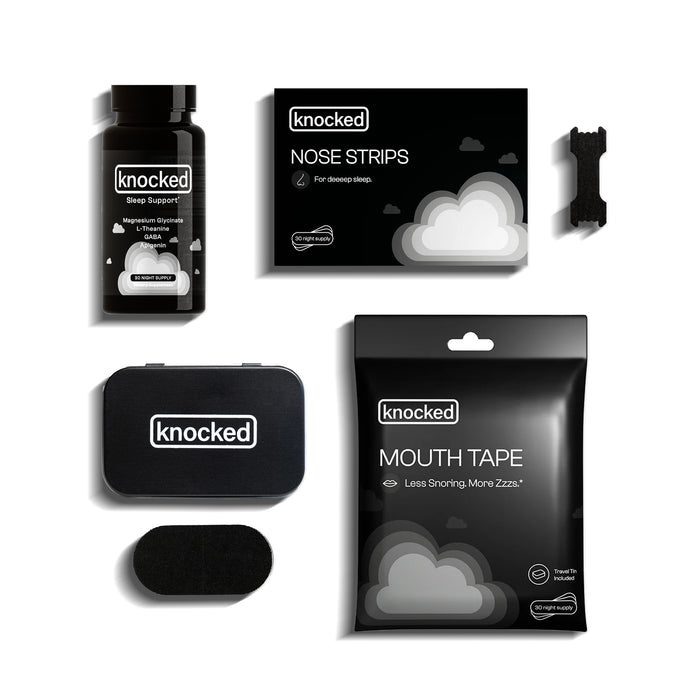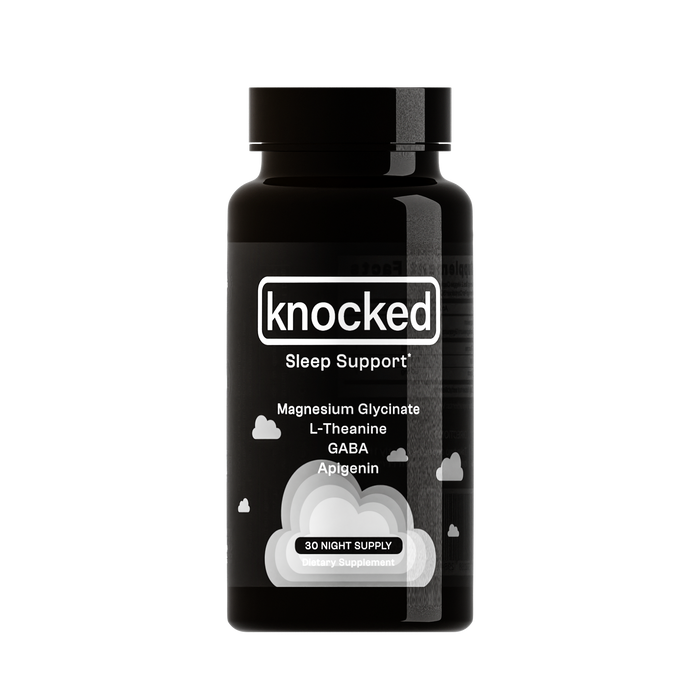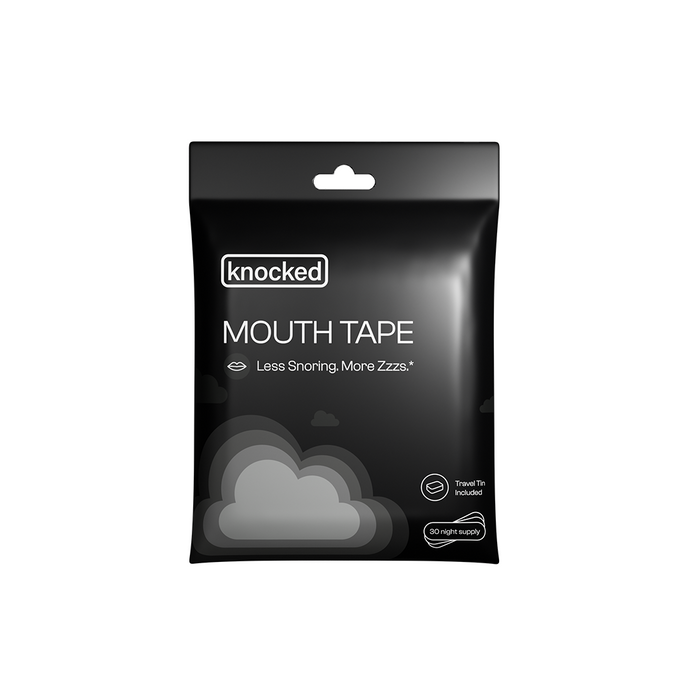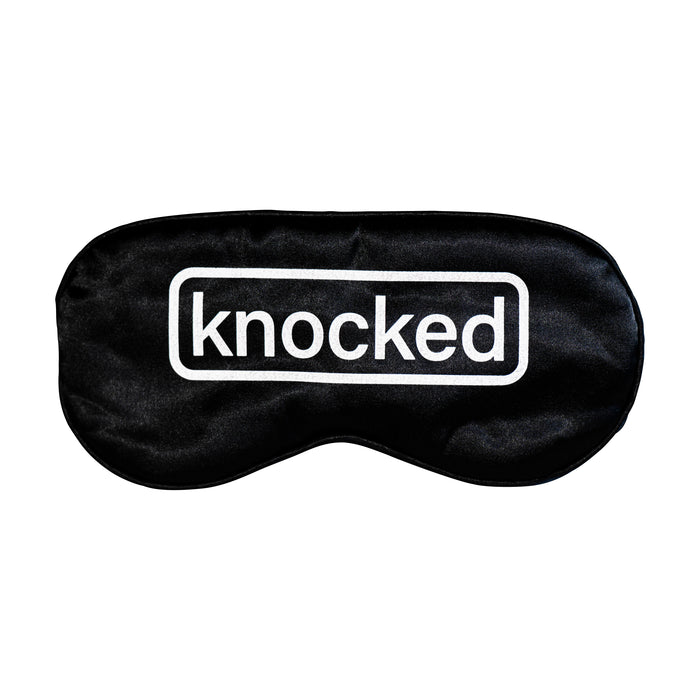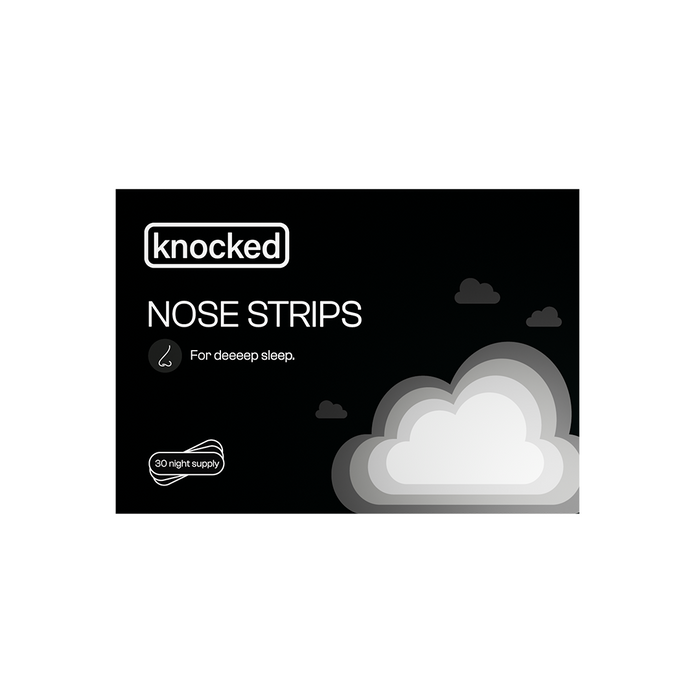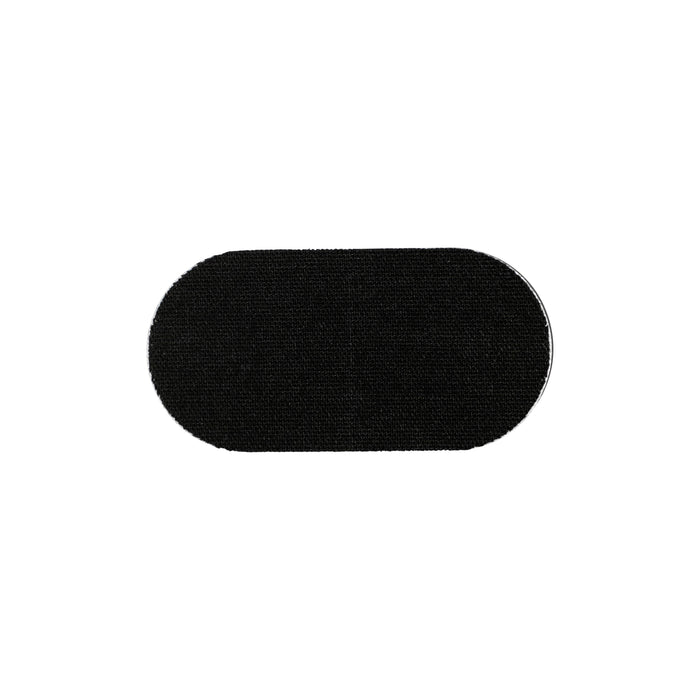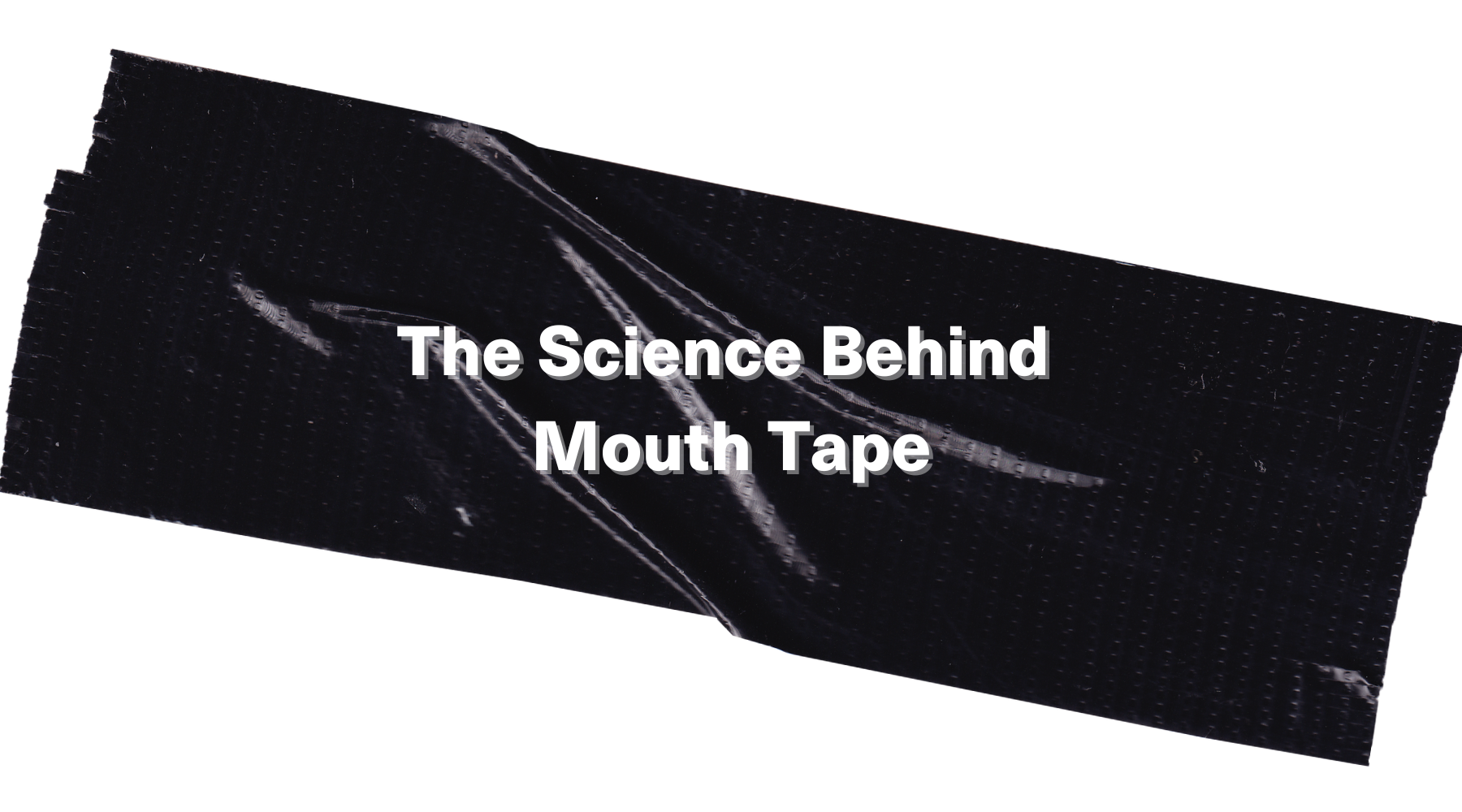

The Science Behind Mouth Tape: How It Helps Improve Sleep Quality
Mouth taping has gained popularity in recent years as an effective and natural sleep aid. This simple technique involves placing a specially designed tape over the mouth before sleep, promoting nasal breathing and ultimately leading to better sleep quality. In this article, we'll explore the science behind mouth tape and how it can help improve your sleep.
The Importance of Nasal Breathing:
Nasal breathing is the body's natural way of inhaling and exhaling air. It has several benefits over mouth breathing, such as filtering, warming, and humidifying the air before it reaches the lungs. Additionally, nasal breathing stimulates the production of nitric oxide, a molecule that plays a crucial role in blood flow regulation, immune system function, and overall health.
When we sleep, the body is designed to switch to nasal breathing. However, various factors like allergies, congestion, or simply habit can cause us to breathe through our mouths while asleep. This can lead to a range of issues, including snoring, sleep apnea, and reduced sleep quality.
How Mouth Tape Works:
Mouth tape is a specially designed hypoallergenic tape that is placed over the lips before sleep. It gently encourages the mouth to stay closed throughout the night, promoting nasal breathing and preventing the issues associated with mouth breathing.
The Benefits of Mouth Taping for Sleep:
The Science Behind Mouth Taping:
Research on the benefits of mouth taping is still emerging. However, studies have shown that promoting nasal breathing can lead to a more restful sleep and reduce the risk of sleep-related breathing disorders.
A study published in the journal Chest found that switching from mouth to nasal breathing reduced the number of apnea and hypopnea events in individuals with mild to moderate sleep apnea. Another study published in the International Journal of Pediatric Otorhinolaryngology showed that children who practiced nasal breathing experienced fewer sleep disturbances and improved overall sleep quality.
Mouth taping is a simple, non-invasive, and cost-effective technique to promote better sleep by encouraging nasal breathing. The science behind mouth tape suggests that it can lead to improved oxygenation, reduced snoring and sleep apnea symptoms, enhanced relaxation, and better oral health. If you're struggling with sleep issues or looking for a natural way to improve your sleep quality, mouth taping might be worth considering. As always, consult with a healthcare professional before trying any new sleep aids, especially if you have existing health conditions or concerns.
Sources:
The Importance of Nasal Breathing:
Nasal breathing is the body's natural way of inhaling and exhaling air. It has several benefits over mouth breathing, such as filtering, warming, and humidifying the air before it reaches the lungs. Additionally, nasal breathing stimulates the production of nitric oxide, a molecule that plays a crucial role in blood flow regulation, immune system function, and overall health.
When we sleep, the body is designed to switch to nasal breathing. However, various factors like allergies, congestion, or simply habit can cause us to breathe through our mouths while asleep. This can lead to a range of issues, including snoring, sleep apnea, and reduced sleep quality.
How Mouth Tape Works:
Mouth tape is a specially designed hypoallergenic tape that is placed over the lips before sleep. It gently encourages the mouth to stay closed throughout the night, promoting nasal breathing and preventing the issues associated with mouth breathing.
The Benefits of Mouth Taping for Sleep:
- Improved Oxygenation: Nasal breathing allows for more efficient oxygen exchange in the lungs, providing your body with the oxygen it needs to function optimally during sleep.
- Reduced Snoring and Sleep Apnea: By promoting nasal breathing, mouth tape can help alleviate snoring and sleep apnea symptoms, resulting in a more restful and uninterrupted sleep.
- Enhanced Relaxation: Nasal breathing activates the parasympathetic nervous system, which promotes relaxation and helps the body transition into a deep sleep state.
- Better Oral Health: Mouth breathing can lead to dry mouth, which increases the risk of tooth decay, gum disease, and bad breath. Mouth taping helps maintain a moist oral environment, supporting better oral health.
The Science Behind Mouth Taping:
Research on the benefits of mouth taping is still emerging. However, studies have shown that promoting nasal breathing can lead to a more restful sleep and reduce the risk of sleep-related breathing disorders.
A study published in the journal Chest found that switching from mouth to nasal breathing reduced the number of apnea and hypopnea events in individuals with mild to moderate sleep apnea. Another study published in the International Journal of Pediatric Otorhinolaryngology showed that children who practiced nasal breathing experienced fewer sleep disturbances and improved overall sleep quality.
Mouth taping is a simple, non-invasive, and cost-effective technique to promote better sleep by encouraging nasal breathing. The science behind mouth tape suggests that it can lead to improved oxygenation, reduced snoring and sleep apnea symptoms, enhanced relaxation, and better oral health. If you're struggling with sleep issues or looking for a natural way to improve your sleep quality, mouth taping might be worth considering. As always, consult with a healthcare professional before trying any new sleep aids, especially if you have existing health conditions or concerns.
